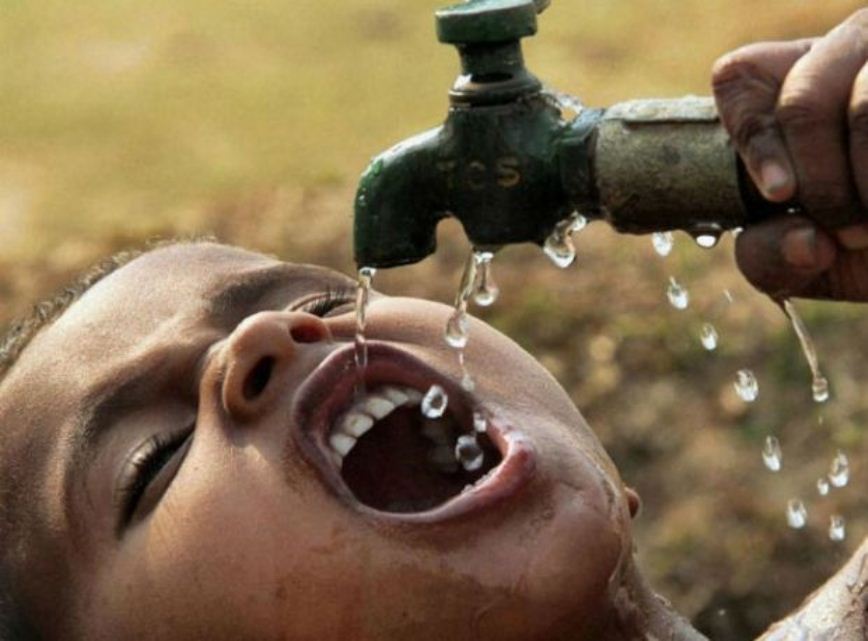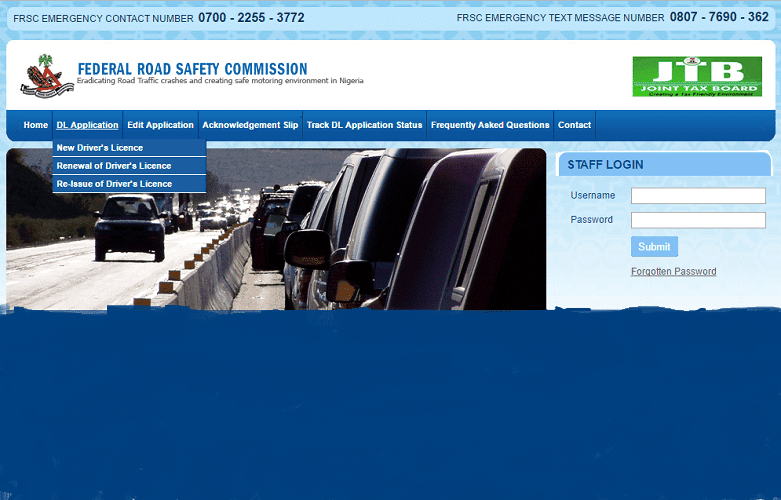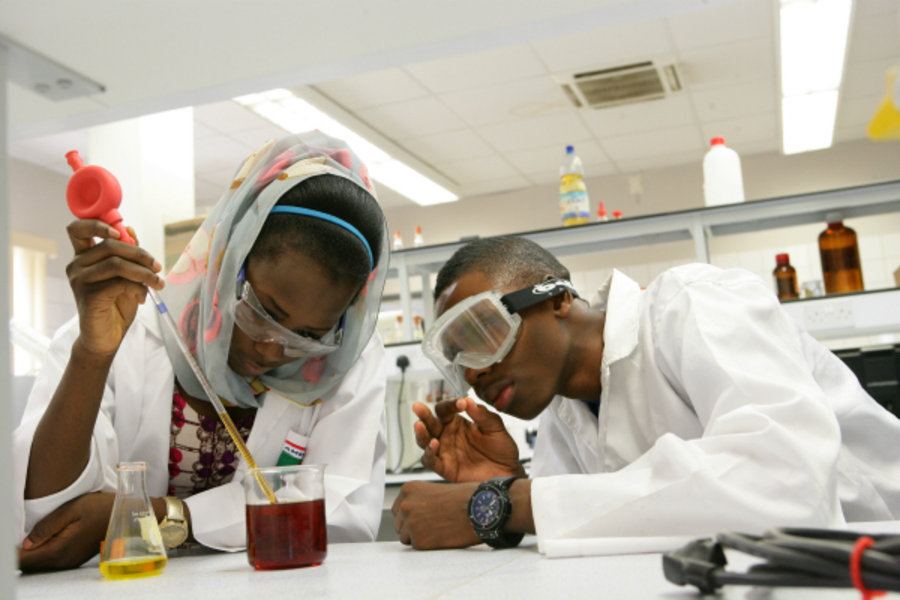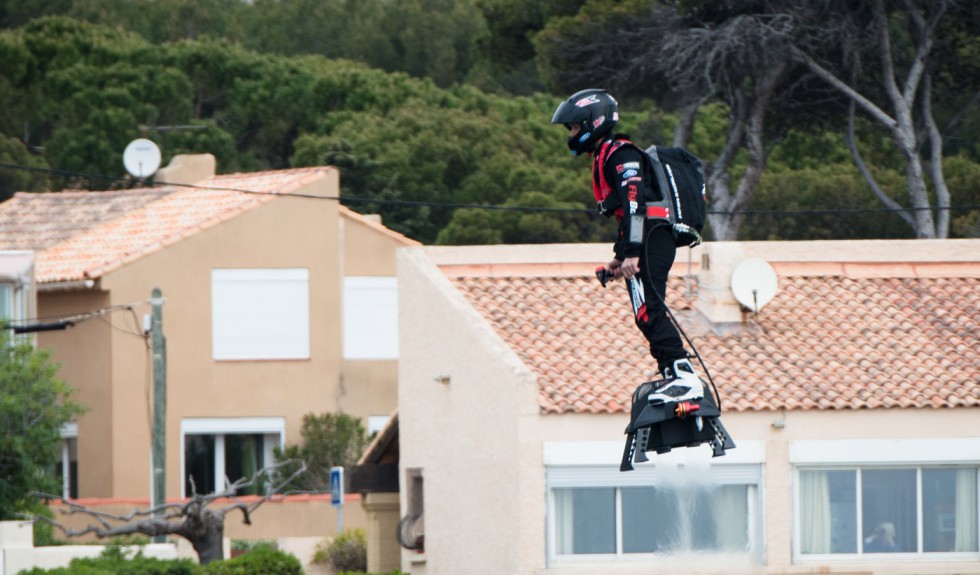The South Africa’s water crisis which has persisted after two years of the least rainfall on record, is biting the country harder in the very wrong places. This is as a result of the fact that rivers are quickly drying out. Accord the average level of the six main dams that supply the city of 3,7m people has dropped below 30%, one of the lowest levels on record.
In Cape Town which is regarded as the tourist capital of the country, it is recorded that the average level of the six main dams that supply water to tee city has gone down to below 30%, which is one of the lowest levels on record in the city of 3,7m people.
See Also: Countries With Fastest Mobile Network Internet Connections in Africa: See Nigeria’s Spot
It has as well been reported that last 10% of the reservoir water in the city is unusable, and although the government has taken steps including rationing of water to avoid the worst, it is apparent taps and pipes may stop flowing before the onset of the winter rainy season that normally starts in May or June.
More so, the fear is that even if the supply is able to stretch until the start of the season, heavy downpours may be needed to avert outages over the next two years in the city which happens to be the second biggest city in the country as well as its one of its main tourism hubs.
Speaking to Bloomberg Television at the Women4Climate conference in New York on 8 March, Cape Town mayor Patricia de Lille said the city is in a real crisis. She added that “People will have to change the way they are doing things. You can only save water while you have water.”
Some of the things done in the city to curtail the big problem coming is to impose water restrictions, including bans on using hosepipes to irrigate gardens and fill swimming pools, as well as fine on all those who violate them.
Although these measures have been able to help reduce the average daily summer consumption significantly, the city’s target of 700m-litre is still yet to be met.
What has made the South Africa’s water crisis even more serious is that the country has limited water sources, hence causing too much dependence on the dams, which are in fact, the only sources.The lack of water and efforts to conserve it are evident from the city’s withered gardens and parks and closure of most municipal swimming pools.
This problem of water shortage is already showing as the city’s gardens and parks are withering, while most municipal swimming pools are being closed down.
According to a Bloomberg report, many in the city are already using water from their baths and showers to flush toilets and try and keep their plants alive. Providers of wells and equipment that captures runoff from washing machines and bathrooms, known as grey water, are doing a roaring trade.
See Also: Want To Live Longer? Scientists Say Red Hot Chili Peppers Should Help
The city and national governments are implementing and considering several projects to augment the water supply, according to De Lille. These include:
- Pumping surplus water from the Berg River to the Voelvlei Dam, east of Cape Town, which will cost R274m and yield an extra 60m litres of water a day;
- Implementing a R4,5bn plan to reuse water, which will supply an additional 220m litres a day;
- Building a R15bn desalination plant that will yield an average of 450m litres of water a day;
- Tapping aquifers from the city’s landmark Table Mountain, which could yield 50-100m litres a day. That project, which would be implemented in several phases, is still being costed.
“The city will probably squeak through this season, but it may not in coming years,” Winter said. “It has been on the cards that water would run out by 2019. This drought has been a wake-up call for the city,” as reported by Bloomberg.














